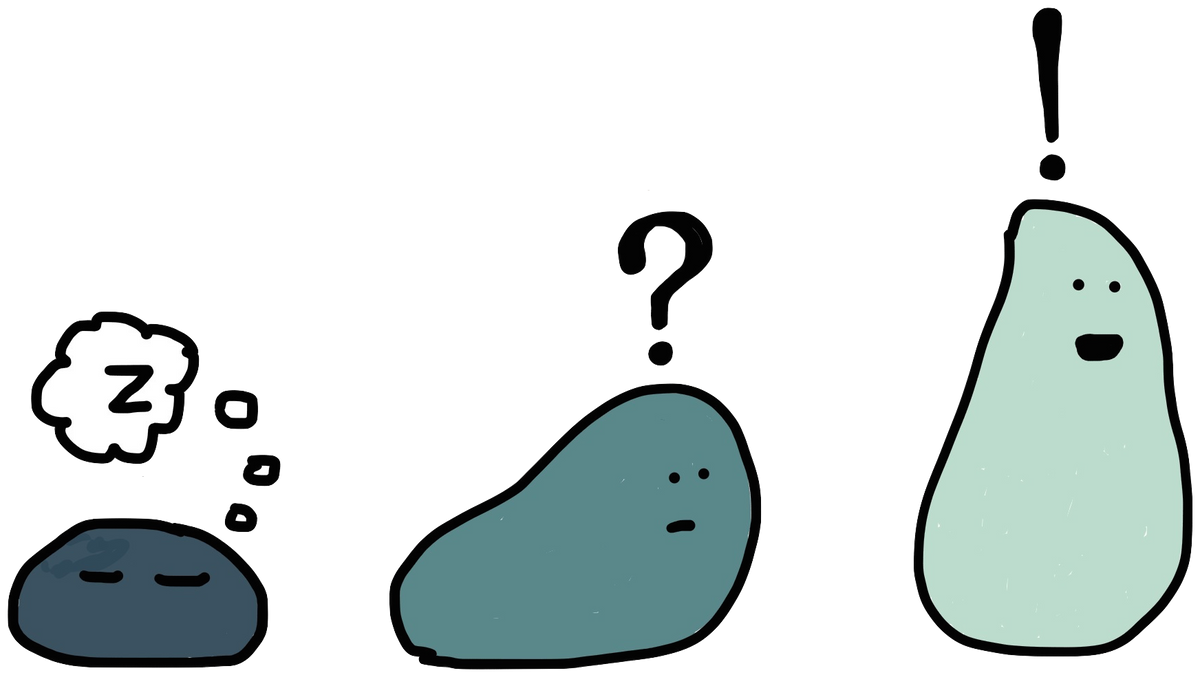FAQ: How is coaching different from therapy?
Traditional therapists diagnose and treat mental illness. As a coach, I don’t diagnose or treat anything. Instead, I help my clients find healing within themselves.

If you’ve been in therapy before – or even seen therapy dramatized on TV — Internal Family Systems coaching of the kind we’ll do is something very different. Here’s what to know.
- Coaching is not a substitute for mental healthcare. If you have psychiatric diagnoses that benefit from medical help, as I do myself, you need and deserve the support of a certified clinical professional. Here are some suggestions for finding a mental healthcare provider if you need one.
- Mental healthcare and coaching work well in combination. Some of my clients do coaching with me alongside ongoing therapy. Me, I see a psychiatrist in addition to working with practitioners who use the IFS model. If you need mental healthcare and you like the IFS approach, an IFS-trained clinician would be your best bet. (Traditional therapists who’ve been trained in IFS work very much the same way I do, but they can also diagnose and treat mental illness, bill insurance, and so forth.)
- Coaching is also a powerful method of healing all by itself. Many of my clients, particularly folks who haven’t found the help they needed in traditional therapy, see coaching as an entirely different route to healing, one that works much better for them. That was my experience, too.
Here are some more differences between traditional therapy and coaching with me:
Therapy is healthcare; coaching is guidance
- 🩺 Most therapists work on the model of doctors. They use the symptoms you report to diagnose mental-health disorders, and then they use their training to treat you for those disorders.
- 🦮 As a coach, I’m not like a doctor who tries to fix what’s wrong with you. Instead, I’m a friendly guide who helps you explore your inner world safely, so you can develop a more comfortable relationship with every part of yourself.
Therapy treats illness; coaching cultivates wellbeing
- 💊 Diagnosing and treating mental illnesses, as defined by the current edition of the American Psychiatric Association’s Diagnostic and Statistical Manual of Mental Disorders, is what health insurance companies pay most traditional therapists to do.
- 💡 In IFS, by contrast, we think of what’s usually called “mental illness” as a set of highly creative strategies that different parts of ourselves improvised to protect us in the past, but cause us trouble in the present. In coaching, you’ll learn to cooperate those protective parts of you in ways that work much better here and now.
Therapy can be indefinite; coaching has a beginning and end
- ♾️ If you pay for therapy with health insurance, your plan sometimes won’t pay for as many sessions as you really need. On the other extreme, people often continue seeing therapists indefinitely, without any specific endpoint.
- 🗓️ With me, IFS coaching usually happens in blocks of 12 weeks, from start to finish. Some clients decide to continue working with me for more than one coaching term, but we’ll always be working within clear time limits.
In therapy, you’re a patient; in coaching, you’re a comrade
- 🏥 As mental health professionals, most therapists abide by strict rules about how much personal information they can disclose to their patients, when then can and can’t offer advice, and so forth. That clinical objectivity is important, but it can get in the way of a warm, trusting human relationship.
- 👋🏻 In IFS coaching, both of us — you and me — get to be present as whole human beings. I’ll always treat you with dignity and professionalism, but never in a distant or clinical way. I may tell you about my internal system and what’s going on in my life. If you ask me for an opinion, I might actually give you one. And when you laugh or cry, I probably will too.
